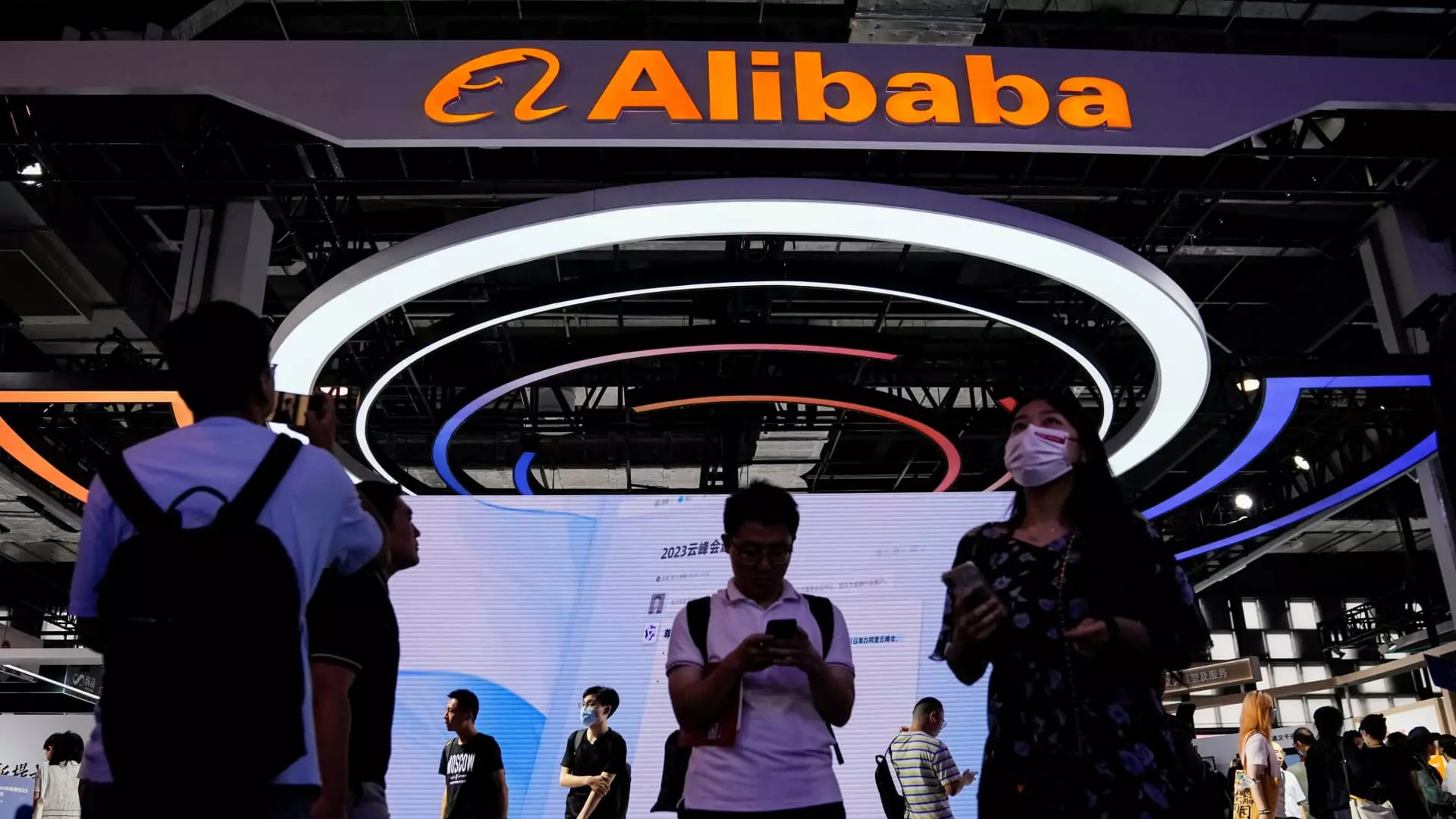In a pivotal announcement, Alibaba has revealed a significant reduction in prices for its large language models (LLMs) by up to 85%, as shared through a WeChat post by Alibaba Cloud, the company’s cloud computing arm. This aggressive pricing strategy aims to enhance the appeal of its visual language model, Qwen-VL, which enables the integration of text and image processing capabilities. Despite this promising update, Alibaba’s stock showed minimal reaction, closing 0.5% higher by the end of the trading day in Hong Kong. This muted market response underscores a growing weariness among investors regarding tech stocks in the volatile environment of AI advancements.
The pricing cuts not only signify Alibaba’s intent to attract more business to its AI products but also reflect the intensifying competition within China’s tech sector. Rival firms such as Tencent, Baidu, JD.com, Huawei, and ByteDance are also vying for a share of the burgeoning AI market. Each company has made strides in developing their respective LLMs, signaling a collective ambition to harness the immense potential of AI technology.
Alibaba’s recent decision to cut prices isn’t an isolated incident; it’s part of a broader trend initiated earlier this year. In February, the company implemented a 55% price reduction across various core cloud services, and in May, it slashed prices on its Qwen AI model by an astounding 97% to spur interest from potential customers. This historical perspective reveals a methodical approach to price adjustment aimed at positioning Alibaba as a frontrunner in the AI marketplace.
Importantly, these price cuts serve a dual purpose. On one hand, they are a tactical response to the competitive landscape, attempting to establish Alibaba Cloud as a go-to provider for artificial intelligence solutions. On the other hand, they signal to businesses the viability and accessibility of integrating AI into their operations. With LLMs being the backbone of many contemporary generative AI systems, including OpenAI’s ChatGPT, the allure of cost-effective AI solutions cannot be overstated.
While consumer-friendly AI chatbots like ChatGPT have garnered widespread attention, Alibaba has strategically chosen to focus its LLM development on the enterprise segment. This decision emphasizes Alibaba’s recognition of the varied applications of AI across different business landscapes. In May, the firm indicated that its Qwen models had already found application among over 90,000 enterprise users, underscoring the growing demand for tailored AI solutions that address specific business needs.
This approach not only capitalizes on the existing market but also positions Alibaba as a key player in transforming businesses through AI. By prioritizing enterprise solutions, Alibaba may mitigate some of the risks associated with consumer-centric AI ventures, which can be unpredictable and heavily scrutinized by regulatory bodies.
The strategic price reductions by Alibaba are likely to create ripples across the AI community, prompting other tech giants to consider similar moves. As the competition heats up, companies may not only race to lower prices but also innovate rapidly to enhance their AI offerings. A robust competitive landscape may yield novel applications and improvements in AI technologies, ultimately benefiting businesses and consumers alike.
Moreover, the indication that Alibaba is willing to significantly lower prices could permanently alter pricing structures in the AI market. If other companies follow suit, it may raise questions about the sustainability of AI profitability and the long-term implications for investment in AI research and development.
Alibaba’s price adjustments reflect a calculated response to the competitive dynamics within the technology sector while underscoring a broader shift towards accessible enterprise solutions. As we move forward, the implications of these strategies will be closely observed by stakeholders across the industry, shaping the future trajectory of artificial intelligence in business applications.

